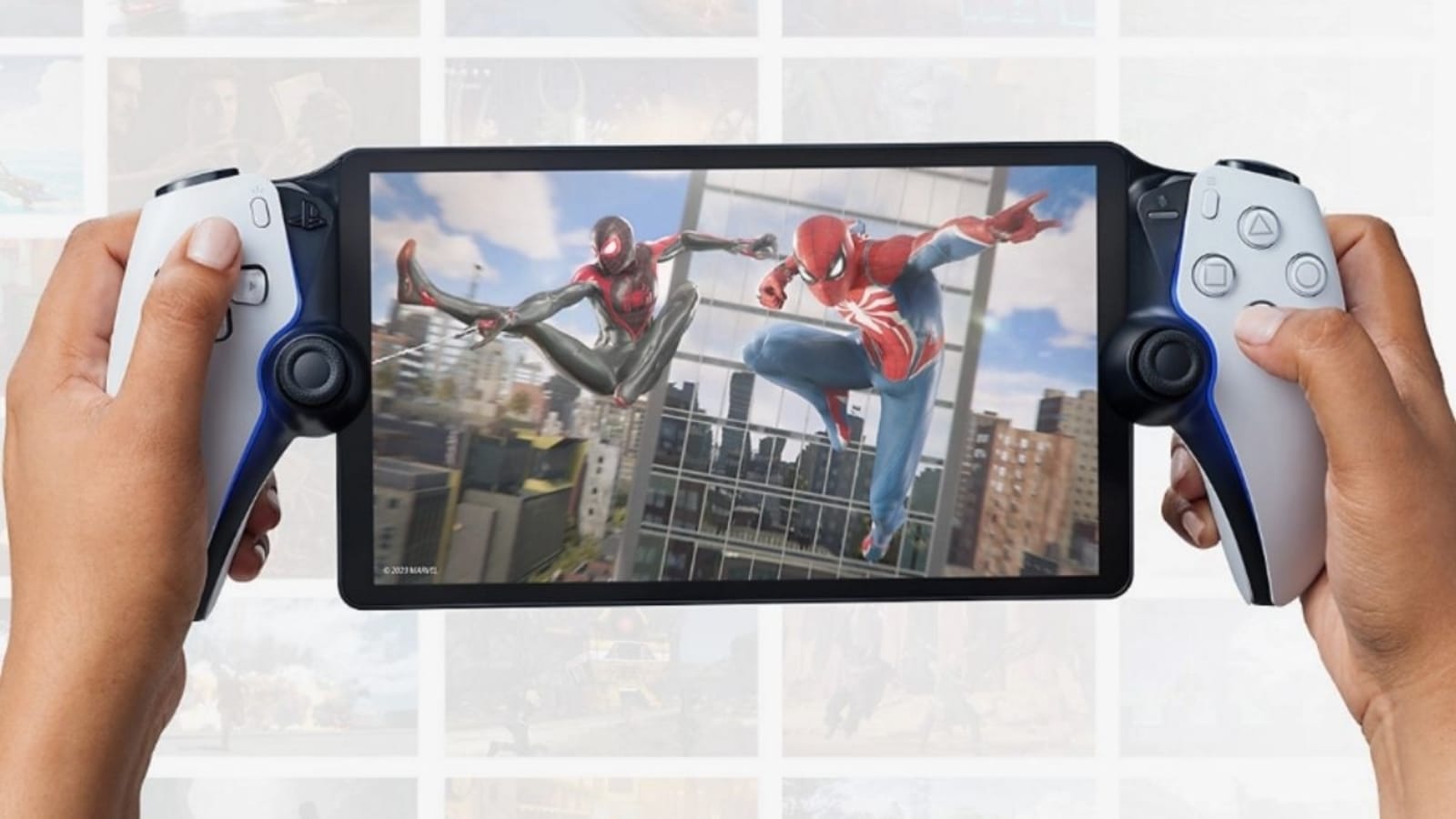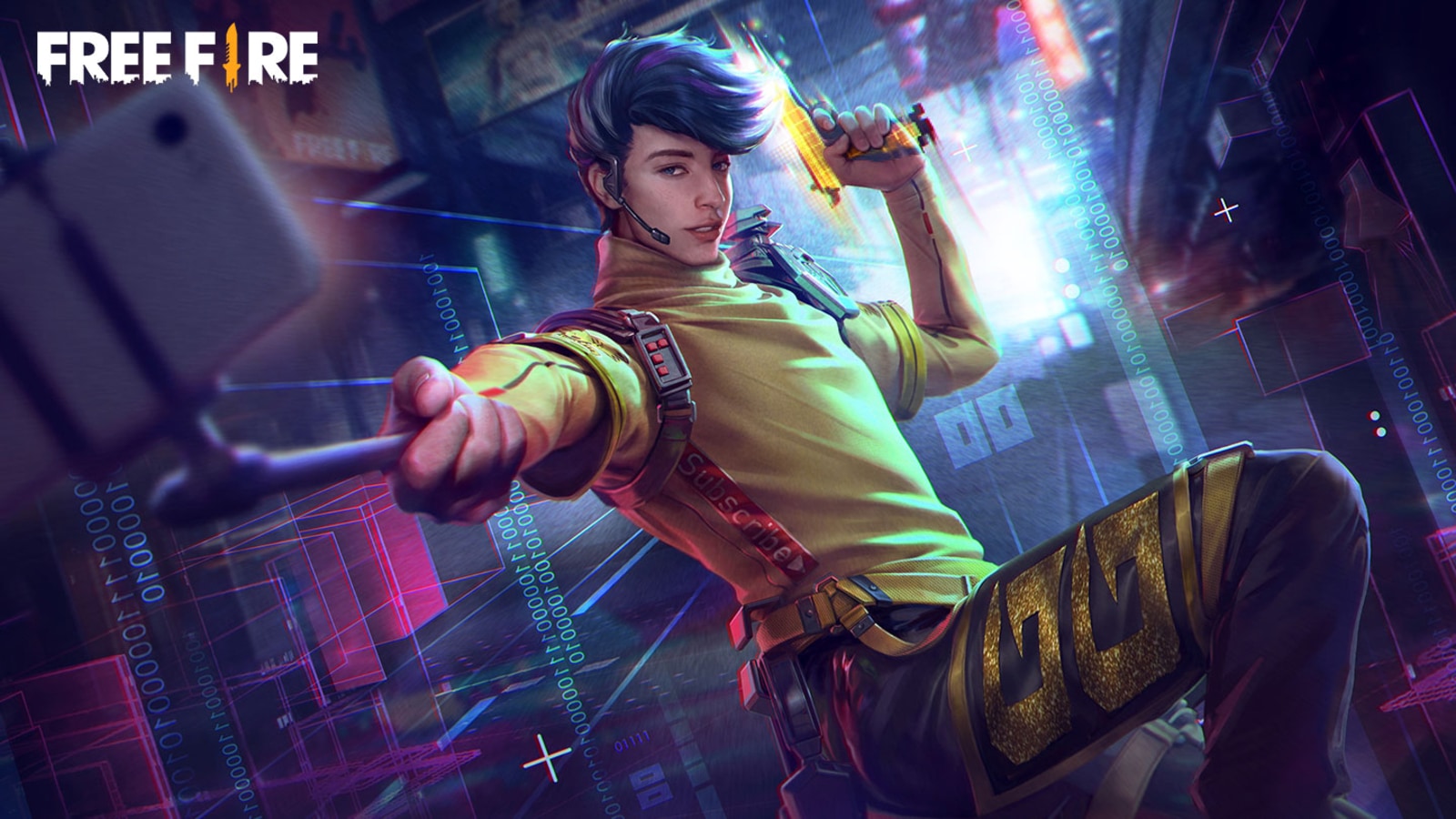Christina Murray printed all 53 pages of the document and wrote down her information. There was space to fill in the make and model of her car; her exes and their last known addresses and phone numbers; and any debts she owes.
The document advised including a recent photo of herself (“high resolution, if possible”) and descriptions of tattoos and identifying scars. One page left room for Ms. Murray, a 36-year-old clinical director in New Hampshire, to log her fingerprints and passwords to her social media accounts. She then printed two copies: one that she keeps in her apartment, where she lives alone, and one that she gave to her employer’s human resources department.
The concept of the “If I Go Missing” folder was popularized partly by the juggernaut true-crime podcast “Crime Junkie” in the summer of 2018 when the hosts, Ashley Flowers and Brit Prawat, talked about what they keep in theirs, including logins, a written will and a list of “anyone that I think — right now there’s nobody, knock on wood — would have a grudge against me,” Ms. Flowers said.
The proliferation of the “If I Go Missing” folders (sometimes called “In Case I Go Missing” folders), which can be self-made or purchased in e-commerce sites like Amazon and Etsy, reflects the popularity of true-crime documentaries and podcasts.
Some women say the folders are a way to feel control in what can feel like an out-of-control world — but detractors say paranoia and a glamorization of victimhood are at the center of the phenomenon.
Adam Golub, a professor of American studies at Cal State Fullerton who studies true crime and culture, said those well versed in the true-crime world know who or what is going to get the most attention. “This is a way to try to intervene in that,” Professor Golub said. “It’s an attempt to exert some kind of control over your world.”
And podcasts, documentaries and shows sometimes have a vested interest in amping up the fear. The “Crime Junkie” podcast, for one, requires users to submit an email address to download the free template they posted shortly after the hosts discussed theirs (this is where Ms. Murray got hers).
Professor Golub thinks there is both “genuine fear and genuine pleasure” involved in creating the binders: fear of being a victim and pleasure in imagining yourself as one. “It’s almost this cosplay or fan fiction where you imagine yourself as a future victim, and you’re trying to prepare this binder so people can discover you. It’s not unlike doomsday preppers.”
Intense media coverage of violent crimes may make them seem more common than they are, he added. “We’ve moved through a pandemic, we have an epidemic of gun violence,” Professor Golub said. “And so there is a way that we’ve been living lives that feel less safe and less certain.”
Death is an uncomfortable fact of life. The likelihood of being the victim of a homicide is less than 0.01 percent, according to the Centers for Disease Control and Prevention (and if it does happen, data shows most victims knew their perpetrators; for women, it is most likely to be a current or former romantic partner). But there is a much greater chance of dying by other means, such as an accident in the home or on the road, and many companies market their products not as repositories for possible clues for the police, but aids for grieving family members. (The website for one company, Nokbox, encourages consumers to “leave memories, not a mess.”)
Markia Brown, a 30-year-old who works in the finance sector from Los Angeles, ordered a binder from a company called Savor after seeing a TikTok video about it. The concept made sense to Ms. Brown as a retired military member. “We have a saying in the military: ‘Obviously you hope for the best but you plan for the worst,’” she said. “It brings me a sense of peace knowing that I was proactive instead of my family having to be reactive in the event of an emergency.”
And Ms. Brown knows she faces higher rates of violence as Black women are statistically three times more likely to die of homicide than white women, and their missing-person cases stay open four times longer than those of white women. News coverage often focuses disproportionately on white women and children, according to a 2019 study published in the Journal of Criminology, Criminal Justice, Law & Society, a phenomenon that the journalist Gwen Ifill called “missing white woman syndrome.”
The binders remain a pretty niche trend — even for people who work in crime. Tony Im, a public information officer for the Los Angeles Police Department, said he was unaware of the existence of the folders, but said that they could come in handy. “It’s like giving us a pile of tips to solve the crime,” Mr. Im said. “We’ll take all tips.”
On TikTok, the hashtag #incaseIgomissing has over 68 million views, with some creators sharing the preparation of their own folders — and others spoofing the entire concept. (“Most likely I’ve been taken from the trail in the woods by my house,” one said. “But it also could be from the Panera that I go to about once a day.”)
Riley Humphreys, a 24-year-old graduate student in forensic medicine, made a TikTok post questioning the practice. In an interview, Ms. Humphreys said she initially thought the binders were satirical because they seemed so absurd. She wondered how the police would be able to use a DNA sample without being able to confirm the chain of custody — who has handled an asset, such as a sample of hair, along with when and why — of that evidence, but mostly she worried about what the popularity of true-crime podcasts had done to the women who are listening to them.
“The influence it’s having, specifically on women’s brains, is a net negative,” Ms. Humphreys said. “It capitalizes on peoples’ fears and anxieties and I find that pretty scummy.” In a video viewed over seven million times, she finishes by saying that obsessing “over being the victim of a violent crime is insane and bad for your mental health. So, don’t do this.”
But Ms. Flowers of “Crime Junkie,” takes umbrage with the term “paranoid” to describe these actions: “We like to use the term ‘preparanoid,’” she said through a spokesperson. “We don’t live in the paranoia all day every day, but we will take extra steps to try to protect ourselves and our loved ones.”























